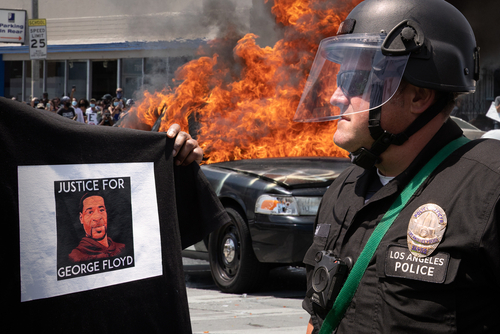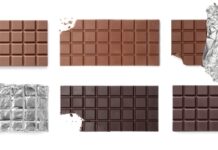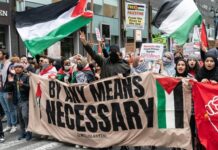
In a landmark ruling that underscores the tension between law enforcement practices and individual privacy rights, a judge has ordered the Los Angeles Police Department (LAPD) to expunge photographs taken during a raid on the home of a Black Lives Matter attorney. The decision comes amid a lawsuit filed by BLM leader Melina Abdullah, who has accused the LAPD of an inappropriate response to a swatting incident at her $1.6 million residence.
The case has sparked a heated debate over the boundaries of police authority and the protection of civil liberties. Critics of the LAPD’s actions argue that the seizure and retention of such photographs represent an overreach of power and a disregard for the sanctity of private property and personal information. The court’s order to scrub the photos is seen as a victory for privacy advocates and a cautionary tale for law enforcement agencies navigating the digital age.
Swatting is fine if you're:
– J6
– Anti-DEI Parent
– CatholicBut NOT if you're:
BLM
Trans
DEMRATJudge orders LAPD to scrub photos taken in raid on BLM attorney's home https://t.co/yPxIWuCsU1 via @MailOnline
— wyntre (@Wyntre999) January 29, 2024
Supporters of the ruling point out that the sanctity of one’s home and the confidentiality of personal documents are foundational to American values. The intrusion into Abdullah’s home and the subsequent handling of her personal effects have been criticized as not only a violation of privacy but also a potential chilling effect on legal advocacy and free speech.
On the other side of the argument, some conservative voices have expressed concern about the implications of the ruling for law enforcement’s ability to effectively investigate and prevent crime. They argue that the decision could set a precedent that hampers police efforts to gather evidence, ultimately undermining public safety and the rule of law.
Judge orders LAPD to scrub photos taken in raid on BLM attorney's home https://t.co/tterFkh80w via @MailOnline
What don't they want you see? Judge orders LAPD destroy all photos taken in top BLM attorney's $1.6m LA home after they raided the mansion due to a swatting call
— B Gallagher (@Gally66kg) January 29, 2024
The judge’s directive to the LAPD serves as a reminder of the importance of due process and judicial oversight in law enforcement operations. It highlights the need for clear guidelines and accountability when it comes to the collection and use of personal data by authorities.
As the LAPD complies with the court’s order, the case may prompt law enforcement agencies nationwide to reevaluate their policies regarding the treatment of private information obtained during investigations. The outcome of this case could influence future legal standards for protecting individual rights against excessive or unwarranted intrusions by the government.
In conclusion, the court’s decision to order the deletion of photos from the BLM attorney’s home raid represents a significant moment in the ongoing conversation about privacy, police practices, and civil liberties.
As society grapples with these complex issues, the ruling serves as a potent example of the judiciary’s role in upholding constitutional protections in the face of evolving challenges.












